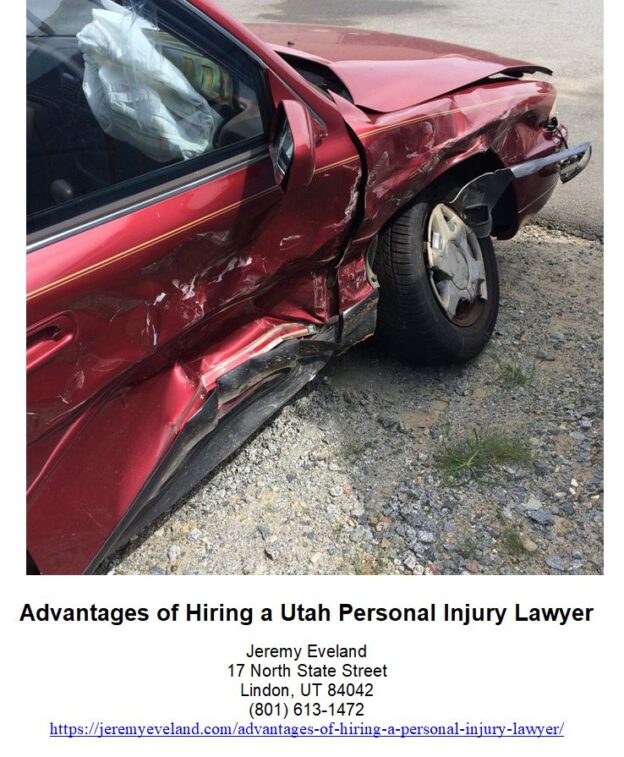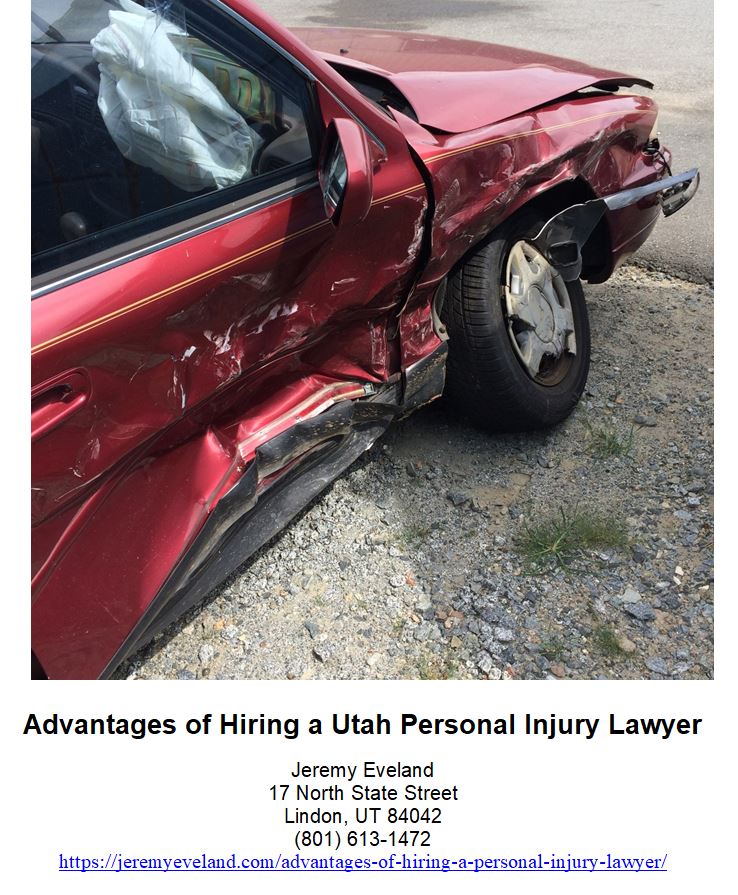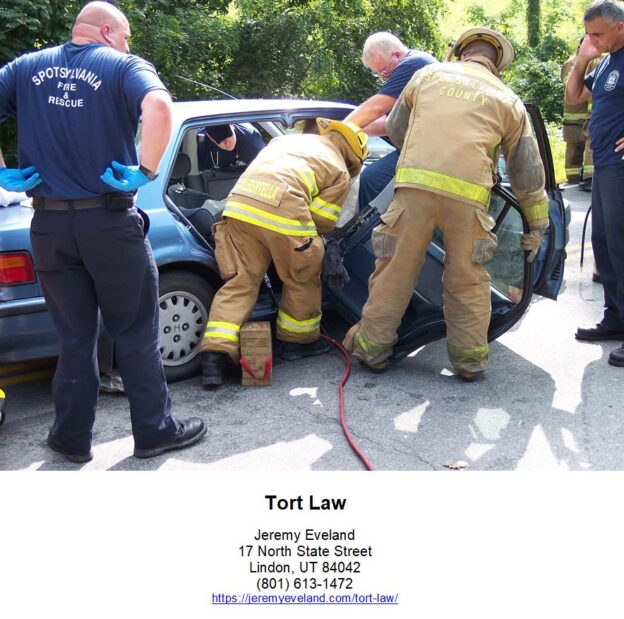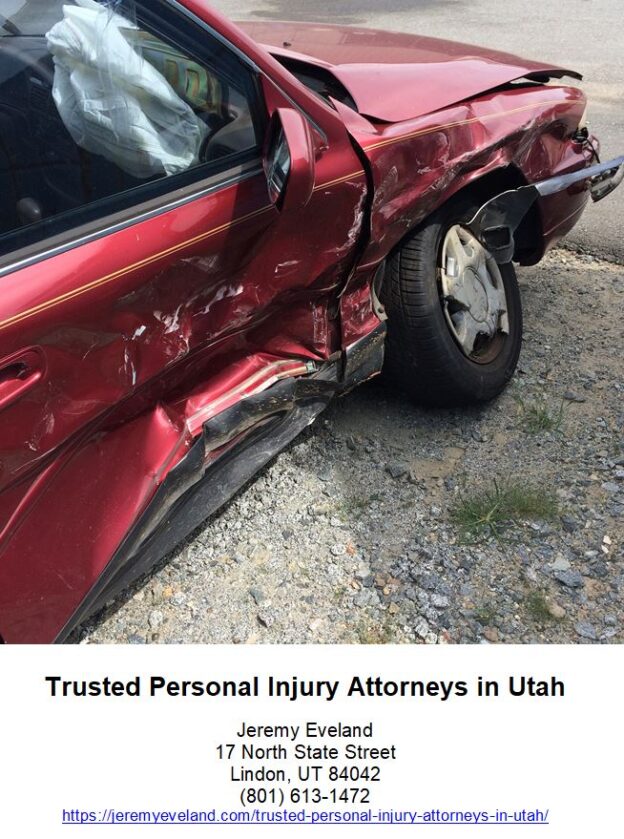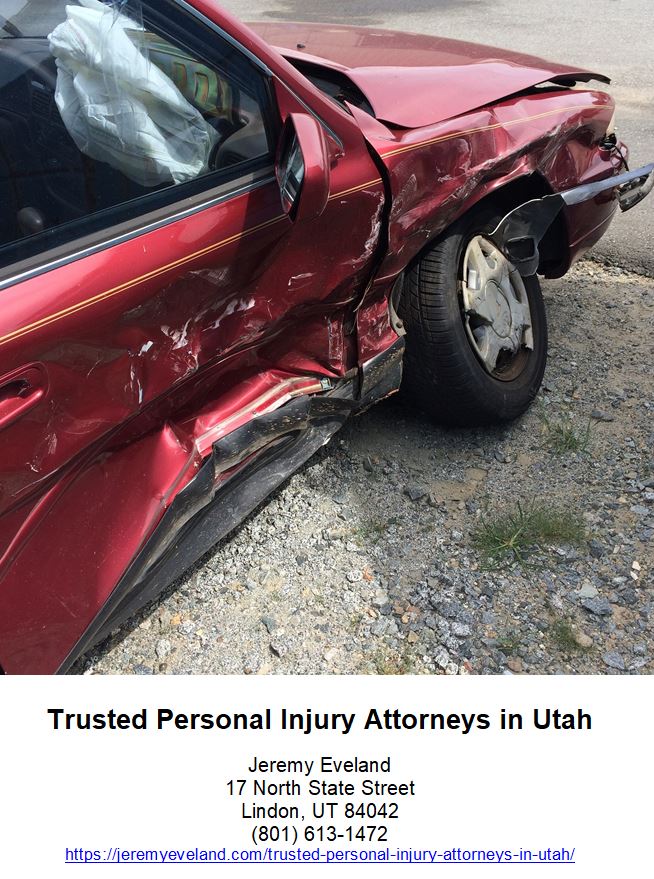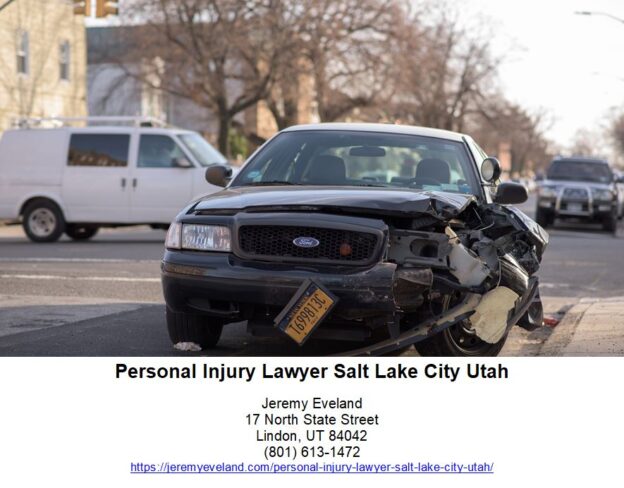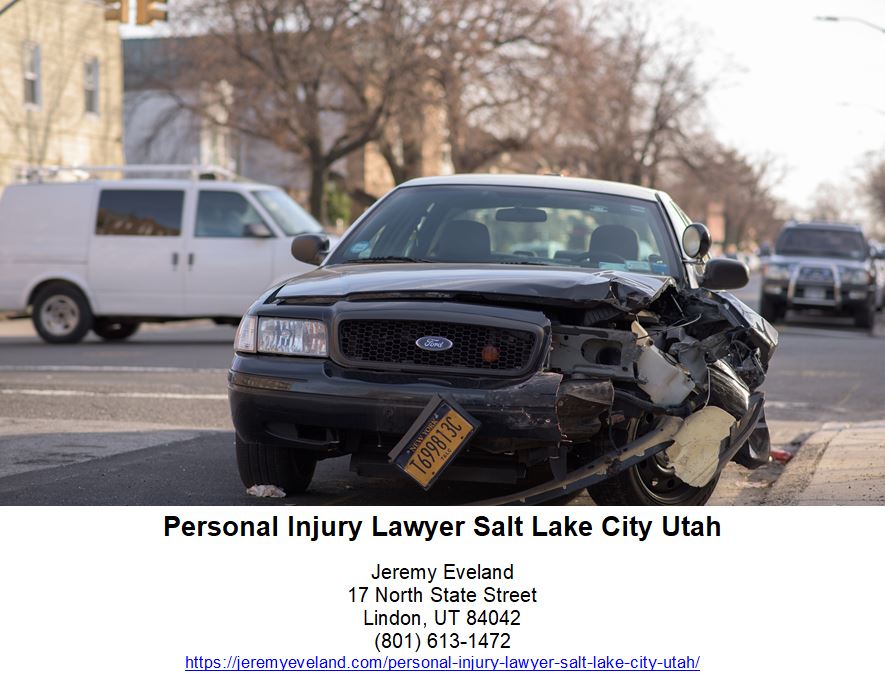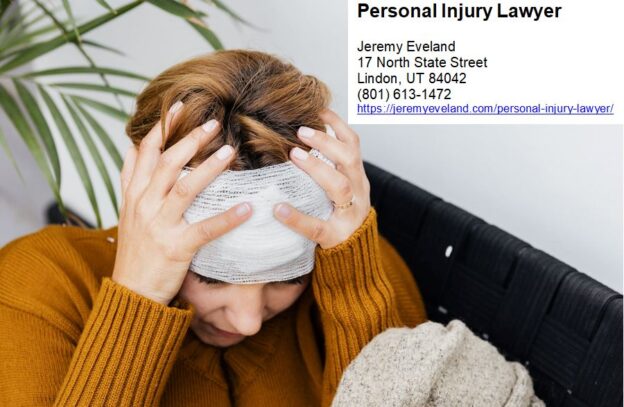If you’ve recently been involved in a car accident, you may be wondering how much lawyers can actually negotiate your medical bills. Well, the good news is that skilled lawyers have the ability to negotiate medical bills on your behalf, potentially saving you a significant amount of money. By utilizing their legal expertise, they can navigate through the complex world of medical billing codes, negotiate with healthcare providers, and ensure that you’re not burdened with excessive costs. In this article, we’ll explore the extent to which lawyers can negotiate medical bills after a car accident, shedding light on this important aspect of the claims process. So, let’s dive in and discover how you can potentially benefit from legal representation in this scenario.
Understanding Medical Bills After a Car Accident
Car accidents can be a traumatic experience, both physically and financially. Dealing with medical bills can be overwhelming, especially when you’re already dealing with the aftermath of the accident. Understanding how medical bills work in car accident cases is crucial to ensure proper negotiation and settlement. In this comprehensive article, we will explore the role of medical bills, the types of bills you may incur, and the factors that can affect the negotiation process.
The Role of Medical Bills in Car Accident Cases
Medical bills play a vital role in car accident cases as they document the cost of your injuries and medical treatments. These bills provide the necessary evidence to prove the extent of your damages and determine the compensation you may be entitled to. Insurance companies and other involved parties use medical bills as a basis for negotiation and settlement offers. Therefore, understanding how to navigate the complexities of medical billing is essential to protect your rights and ensure you receive adequate compensation.
Types of Medical Bills You May Incur
After a car accident, you may incur various types of medical bills, depending on the severity of your injuries and the necessary treatments. Some common types of medical bills include:
-
Emergency Room Bills: If you require immediate medical attention after the accident, your initial visit to the emergency room may result in substantial medical bills. This can include the cost of examinations, diagnostic tests, and any treatments provided.
-
Hospitalization Costs: If your injuries are severe, you may require hospitalization. Hospital bills can include the cost of your stay, surgeries, medications, and any specialist consultations.
-
Ambulance Fees: If you were transported to the hospital by ambulance, you may receive a bill for their services. Ambulance fees can vary depending on the distance traveled and the level of care provided during transport.
-
Doctor Visits and Specialists: Any follow-up visits to your primary care physician or specialists, such as orthopedists or physical therapists, will result in additional medical bills. These visits are crucial for ongoing treatment and rehabilitation.
-
Diagnostic Tests: X-rays, MRIs, CT scans, and other diagnostic tests are often necessary to determine the extent of your injuries. These tests can be expensive, and the costs may be reflected in your medical bills.
-
Medications: Prescriptions and over-the-counter medications to manage pain or aid in your recovery can also contribute to your medical expenses.
Understanding the various types of medical bills can help you prepare for negotiation and potential settlement discussions.
Factors Affecting Medical Bill Negotiations
Negotiating medical bills after a car accident involves assessing several factors that can influence the negotiation process. It is crucial to understand these factors to determine the potential for negotiation and build a strong case. Some key factors affecting medical bill negotiations include:
Determining the Negotiation Potential
Reviewing the Liability and Damages
One crucial aspect in negotiating medical bills is to establish liability and determine the damages caused by the accident. This involves assessing who was at fault for the accident and the extent of injuries and other damages. Gathering evidence, such as police reports, witness statements, and medical records, can help establish liability and demonstrate the impact of the accident on your health and well-being.
Analyzing Insurance Coverage
Another important factor to consider is the insurance coverage available in your case. This includes both your own insurance policy and the policy of the at-fault driver. Understanding the limits and exclusions of these policies can help determine the potential for negotiating your medical bills. Insurance coverage plays a significant role in the amount of compensation you may be able to recover, as well as the negotiation leverage you have with medical providers.
Assessing the Strength of Your Case
The strength of your case also influences the negotiation potential for your medical bills. Factors such as clear liability, strong evidence, and the severity of your injuries can impact the outcome of negotiations. A car accident lawyer can assess the strength of your case and provide guidance on how to approach medical bill negotiations effectively.

Hiring a Lawyer for Medical Bill Negotiations
The Importance of Legal Representation
Hiring a lawyer to handle your medical bill negotiations can significantly benefit your case. Lawyers who specialize in car accident cases and medical bill negotiations have the expertise and knowledge to navigate the complexities of the legal system. They understand the tactics insurance companies and medical providers may use to minimize payouts and can advocate for your rights. Having legal representation ensures that your interests are protected throughout the negotiation process.
Finding the Right Car Accident Lawyer
When hiring a lawyer for medical bill negotiations, it’s essential to find the right one for your specific case. Look for lawyers who specialize in car accident cases and have experience in negotiating medical bills. Research their track record, client reviews, and success stories to ensure they have a proven track record of achieving favorable outcomes for their clients. Personal recommendations from trusted sources can also help you identify reputable lawyers in your area.
Initial Consultation and Case Evaluation
Before proceeding with legal representation, schedule an initial consultation with potential lawyers to discuss your case. This consultation allows you to assess their expertise, ask questions, and determine if they are a good fit for your needs. During the consultation, the lawyer will evaluate your case and provide an assessment of the potential outcomes and negotiation strategies. This evaluation will help you make an informed decision about moving forward with legal representation.
Process of Negotiating Medical Bills
Once you have hired a lawyer, the process of negotiating medical bills involves several steps. Your lawyer will guide you through this process and take the necessary actions to reach a fair and reasonable settlement. Some key steps in the negotiation process include:
Gathering and Organizing Relevant Documentation
To establish the basis for negotiations, it is crucial to gather and organize all relevant documentation related to your car accident and subsequent medical treatments. This includes medical bills, medical records, police reports, witness statements, insurance policies, and any other documentation that supports your case. Organizing these documents in a clear and concise manner helps strengthen your negotiating position.
Initiating Negotiations with Medical Providers
Once your documentation is in order, your lawyer will start the negotiation process with the medical providers. This involves communicating with hospitals, doctors, and other healthcare providers to discuss the bills and potential negotiation options. Your lawyer will present the evidence, medical records, and any other supporting documentation to support your case for reduced medical bills.
Exploring Settlement and Payment Options
During the negotiation process, your lawyer will explore various settlement and payment options with the medical providers. This can include negotiating for reduced bills, setting up payment plans, or pursuing alternative dispute resolution methods. The goal is to reach a fair and reasonable settlement that aligns with the extent of your injuries and the financial impact of the accident.

Legal Strategies to Reduce Medical Bills
To maximize the negotiation results and reduce your medical bills, your lawyer may employ various legal strategies. These strategies aim to identify billing errors, negotiate with healthcare providers and insurers, and utilize negotiation tactics and legal expertise. Some key legal strategies include:
Identifying Billing Errors and Overcharges
Medical bills can often contain errors or overcharges. Your lawyer will meticulously review and audit your medical bills to identify any discrepancies or billing errors. By challenging these errors, your lawyer can potentially reduce the amount you owe and ensure accuracy in your bills.
Negotiating with Healthcare Providers and Insurers
Your lawyer will negotiate with healthcare providers, such as hospitals and doctors, to reach a fair settlement for your medical bills. They will leverage their knowledge of medical billing codes, insurance policies, and industry standards to advocate for reduced charges. Additionally, your lawyer will negotiate with insurance companies to ensure they cover the appropriate amount of your medical expenses.
Utilizing Negotiation Tactics and Legal Expertise
Experienced car accident lawyers have honed their negotiation tactics and legal expertise to achieve favorable outcomes for their clients. They understand the intricacies of medical billing and can use their knowledge to counter any resistance from medical providers or insurers. Through strategic negotiations, they can reduce the amount you owe and secure a fair resolution.
Working with Your Insurance Company
Understanding your insurance policy and working effectively with your insurance company is crucial when negotiating medical bills after a car accident. Some important aspects to consider include:
Understanding Your Insurance Policy
Review your insurance policy to understand the coverage and benefits you are entitled to. Familiarize yourself with the terms and conditions, exclusions, and limitations that may impact your medical bill negotiation. This knowledge allows you to advocate for your rights and ensure your insurance company fulfills its obligations.
Coordinating Medical Payments Coverage
Coordinating your medical payments coverage or medical payments benefits with your insurance company can help cover some of your medical bills. This coverage is often available under your own insurance policy and can provide immediate financial relief while the negotiation process is ongoing. Your lawyer can assist in coordinating these benefits and ensuring you receive the maximum amount available.
Getting Approval for Medical Treatment
If you require ongoing medical treatment, it is essential to obtain pre-approval from your insurance company. This ensures that your treatments and medical expenses are covered, minimizing any out-of-pocket costs. Your lawyer can help navigate the approval process and advocate for the necessary treatments to be covered.
Dealing with Medical Liens and Subrogation
In some cases, medical liens and subrogation claims may come into play during the negotiation process. Understanding these concepts is crucial to protect your rights and maximize negotiation outcomes.
Understanding Medical Liens
A medical lien is a legal claim that allows medical providers to assert their right to payment from any settlement or judgment you receive. Medical liens are commonly used when there is a third-party liability claim, such as a car accident case. Your lawyer will identify any medical liens and negotiate with the lien holders to reduce the amount owed, ensuring that your settlement is not excessively diminished.
Negotiating with Lien Holders
Your lawyer will negotiate with lien holders to reach a fair and reasonable resolution. They will advocate for a reduction in the lien amount, taking into consideration factors such as liability, comparative fault, and potential insurance coverage. Negotiating with lien holders can be complex, but with the expertise of a car accident lawyer, you can work towards a favorable outcome.
Exploring Subrogation Claims
Subrogation claims occur when your insurance company seeks reimbursement from a third party to recover payments made for your medical expenses. Your lawyer will handle these subrogation claims and negotiate with the responsible parties, ensuring that your settlement is not diminished by these claims.
Factors Influencing Negotiation Outcomes
Several factors can influence the outcomes of medical bill negotiations after a car accident. It is important to consider these factors to set realistic expectations and work towards a favorable resolution. Some key factors include:
Medical Necessity and Reasonableness
Medical providers and insurance companies assess the necessity and reasonableness of the medical treatments received. If the treatments are deemed necessary and reasonable, it strengthens your negotiation position. Demonstrating the medical necessity through documentation and expert opinions can enhance the chances of reducing your medical bills.
Injury Severity and Long-Term Prognosis
The severity of your injuries and the long-term prognosis can also impact negotiation outcomes. More severe injuries with ongoing health implications may result in higher medical expenses. Your lawyer can present evidence of the extent of your injuries and their future impact to negotiate for reduced bills.
Medical Provider’s Willingness to Negotiate
Not all healthcare providers are open to negotiation, which can impact the negotiation outcome. Some providers may be more willing to work with your lawyer to reduce the bills, while others may be less flexible. Your lawyer’s negotiation skills and experience in dealing with various providers can positively influence the willingness to negotiate.

Tips for Maximizing Negotiation Results
To maximize the results of your medical bill negotiations, consider the following tips:
Maintaining Detailed Records and Documentation
Keep detailed records of all medical treatments, expenses, and communications related to your car accident and subsequent medical care. This includes medical bills, receipts, insurance correspondence, and any other relevant documentation. Organize these records in a way that is easy to understand and access, as it will help strengthen your negotiation position.
Communicating Effectively with Providers
Maintain open and effective communication with your healthcare providers throughout the negotiation process. Keep them informed about the progress of your case and any reimbursements received. Building a positive relationship with your providers can increase the likelihood of negotiation and reduce the resistance you may face.
Being Persistent and Professional
Negotiating medical bills can be a lengthy process, requiring persistence and patience. It is essential to remain professional and respectful throughout the negotiation process to maintain a positive rapport with all parties involved. Remember that the goal is to reach a fair resolution, and maintaining a professional demeanor can help achieve this.
FAQs About Negotiating Medical Bills After a Car Accident
1. Can lawyers really negotiate medical bills after a car accident?
Yes, experienced car accident lawyers have the expertise to negotiate medical bills on behalf of their clients. They understand the complexities of medical billing and have the knowledge to navigate the negotiation process effectively.
2. How much can lawyers typically save on medical bills?
The amount that can be saved on medical bills varies depending on the specific circumstances of the case. Lawyers aim to achieve a reduction in medical bills that reflects the fair and reasonable costs of the treatments received.
3. Will negotiating medical bills impact my credit score?
Typically, negotiating medical bills should not impact your credit score. As long as you are communicating with your healthcare providers and making reasonable efforts to resolve the bills, your credit score should not be negatively affected.
4. Can I negotiate medical bills myself without a lawyer?
While it is possible to negotiate medical bills without a lawyer, having legal representation can significantly improve your chances of achieving a favorable outcome. Lawyers have the knowledge, experience, and negotiation skills to navigate the complexities of medical billing and advocate for reduced bills.
5. What if the medical provider refuses to negotiate?
If a medical provider refuses to negotiate, your lawyer can explore alternative avenues for resolution, such as arbitration or mediation. They will work to find a solution that minimizes your financial burden and ensures a fair outcome.







